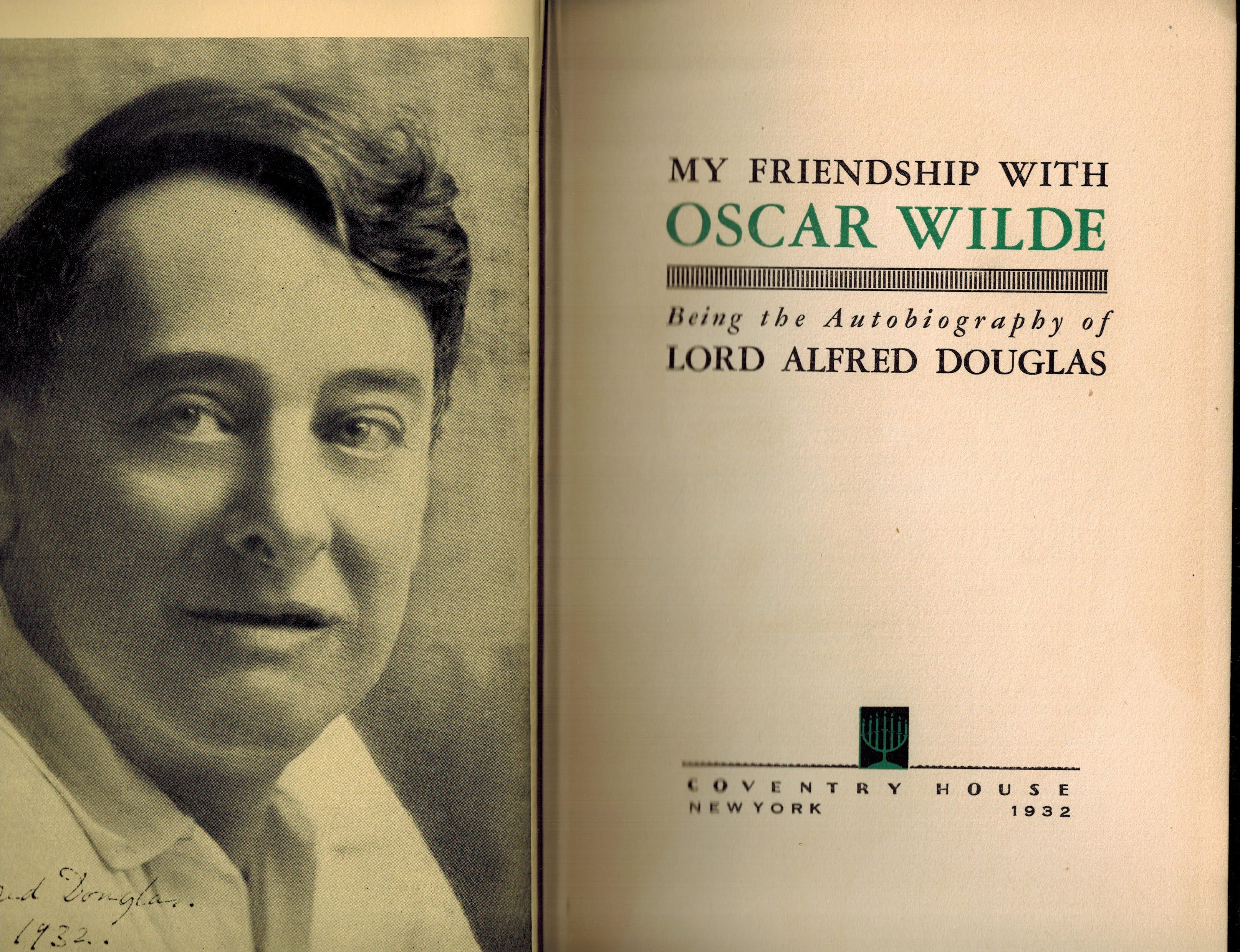
It’s hard to shake the idea that he might be rather enjoying these degradations. Lucas stares out at the audience as it enters, impervious and completely naked, and while he carries a certain grandeur he also comes across as rather pervy and entitled. The overwhelming sense is of profound acceptance, of nobility in sufferance, an almost Christ-like tendency to self-sacrifice.įenton and Lucas are keenly aware of the man’s reputation – its self-aggrandising aspects as well as the sheer fact of it – and they play sophisticated, and not so sophisticated, games with the narcissism that underlines Wilde’s more extreme subjugations. De Profundis is the bitter, although with this stage adaptation by director David Fenton and performer Brian Lucas, bitterness is played in a distinctly minor key. Those frothy confections of his popular period are a perfect counterpoint to the unadorned misery of his prison output it’s as if Wilde himself is telling us that we can’t have the sweet without the bitter. We can’t think of Wilde as the impossibly witty, aphoristic dandy of his Earnest days without embracing the dejected humiliation of his trial and confinement. Along with the sublime Ballad of Reading Gaol, it marks the final stirrings of genius in the man, and has gone a long way in confirming him as the greatest martyr to homosexuality the modern world has ever known.


Oscar Wilde’s De Profundis – which is Latin for ‘From the Depths’ – was ostensibly a letter he wrote to his lover Lord Alfred ‘Bosie’ Douglas while incarcerated for acts of ‘gross indecency’, although it is a work so aware of its own poetic intention, so pitched towards posterity, that it stands as the grand apologia of Wilde’s life.


 0 kommentar(er)
0 kommentar(er)
